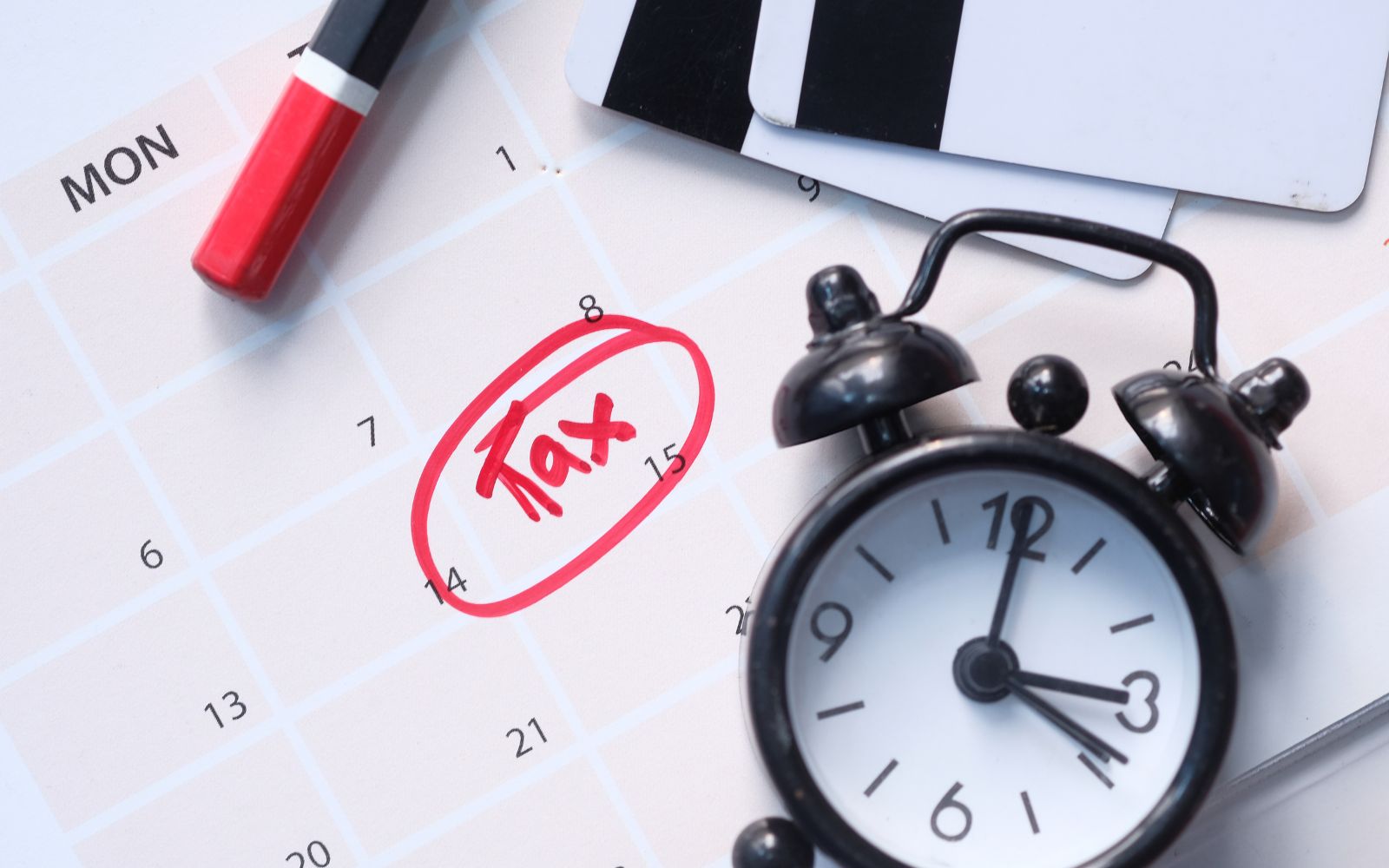Tax-Free Health & Fitness Benefits For Your Employees
Physical and mental health of employees is not just vital to increase overall productivity by avoiding losing working days due to illness: health benefits can enhance a remuneration package in order to make it more attractive to perspective hires. What’s even better is that employers are allowed tax breaks and exemptions to offer health and fitness at work.
Gym facilities and memberships
Employers can offer in-house gym facilities to employees NIC and tax free, as long as said facilities satisfy the following conditions:
- the facilities must be available for use by all employees, but not to the general public;
- they must be used mainly by employees, former employees or members of employees’ families and households (if several companies provide the facilities collectively, then employees from all the participating companies count);
- the facilities must not be located in a private home or other overnight accommodation and they must not involve use of a mechanically propelled vehicle (including road vehicles, boats and aircraft).
As in-house gym facilities may be impractical to most employers, a far more common offer is to negotiate favourable membership rates with a local gym or sports centre, with the discount rate outbalancing the tax liability that this may lead to.
If the cost of the membership is supplied as additional salary from the employer to the employee, this will be taxed as earnings through PAYE. Otherwise, if the employer pays the gym membership direct, a taxable benefit-in-kind arises on the employee, which should be reported to HMRC through payroll or on form P11D.
Health-screening, check-ups and recommended treatments
Employers are not subject to NIC and tax liabilities when they offer up to one health-screening and/or one medical check-up per year per employee.
Employer expenditure on medical treatments recommended by occupational health services that have been previously arranged by the employer may be exempt for tax and NIC. Said “medical treatments” include all procedures necessary to diagnose or treat any physical or mental illness or condition.
In order for the exemption to apply, the employee must have either:
- been assessed by a health care professional as unfit for work because of injury or illness for at least 28 consecutive days (this also includes future unfitness due to recovery);
- been absent from work because of injury or illness for at least 28 consecutive days.
Employer-funded eye, eyesight test, and ‘special corrective appliances’ (i.e. glasses or contact lenses) may also be exempt from tax and NICs, providing certain conditions are satisfied.
The information available on this page is of a general nature and is not intended to provide specific advice to any individuals or entities. We work hard to ensure this information is accurate at the time of publishing, although there is no guarantee that such information is accurate at the time you read this. We recommend individuals and companies seek professional advice on their circumstances and matters.




